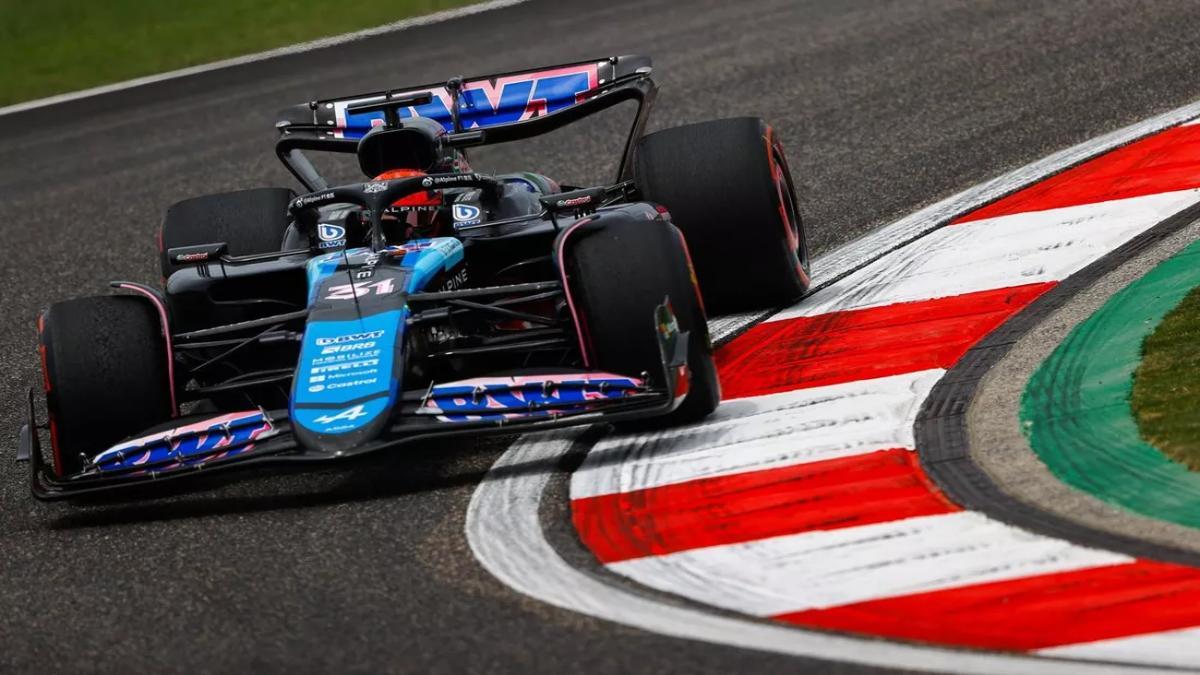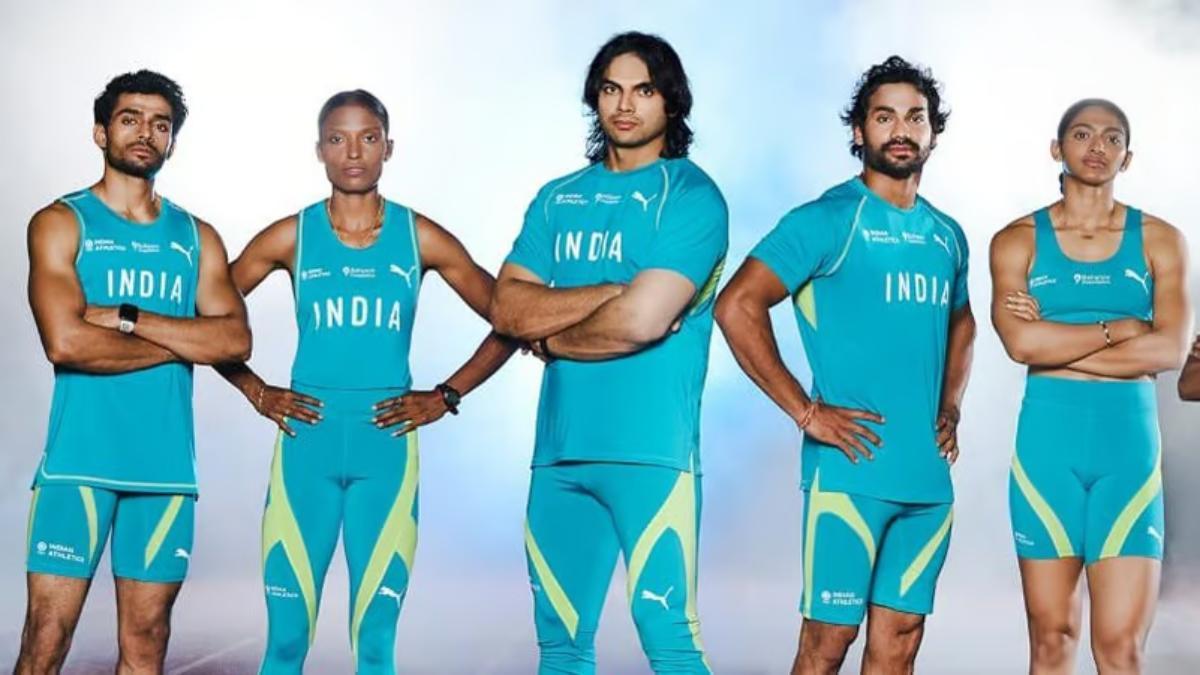(Motorsports new) The Enstone-based team is working hard to reduce weight and improve the aerodynamics of the A524 in order to move up the grid, but it is still a long way from where parent company Renault wants it to end up.
Indeed, senior management’s desire to return to the forefront and their misguided belief that it would take longer than expected led to the decision to fire team principal Otmar Szafnauer and replace him with Bruno Famin last summer.
However, instead of a rapid advance brought about by the shift, things have taken a different turn. And there has been a great deal of discussion on the causes of it, with definite opinions varying depending on who you ask.
Beyond the details of what went wrong last winter, however, Szafnauer himself claims that the situation with Alpine is indicative of a typical error that teams from auto manufacturers made: excessive intervention from above!
Szafnauer believes that a recurring trend in successful works initiatives is that the road car element stays well away from day-to-day F1 engagement. Szafnauer has spent the last year off from the team helping design the new itinerary management tool EventR.
Given that Renault CEO Luca de Meo actively pursues the company’s Formula One goals, Szafnauer contends that failure originates at the top.
When asked if Renault knew what it takes to succeed in Formula One, Szafnauer replied, “Not based on what I observed.”
“I believe that the best course of action for large automakers, not just Renault but also other automakers in general—and I have witnessed this often, even with automakers whose roots are in racing—is to stay out of the race. Get out of it! You should just leave it to the professionals because it’s really different from a vehicle company.
Although there seem to be many similarities between selling road cars and having racing aspirations, Szafnauer believes that automakers and teams have very separate business models.
“The only similarity, really, is that an automobile has five wheels, whereas a race car has five—four wheels in addition to the steering wheel. That’s all there is to it. Everything else is so dissimilar.
“You refer to them as cars, but they are distinct in terms of technical advancement and top technology that you employ. It requires distinct engineering at different levels. The engineers have varying levels of education.
For instance, Ford Motor Company offered two managerial pathways during my tenure there. One option is to pursue a career in technical management. Therefore, you were in stock if you have a PhD in aerodynamics or mechanical engineering.
Instead of choosing a managerial career, you may choose a technical management one. Furthermore, in a large engineering company, there weren’t that many PhDs.
“I believe it was Gary Savage who stated, “We have more doctors here than a local hospital,” when I was a member of British American Racing. this is accurate, and they don’t attend subpar colleges. All of them are from Imperial [College London], Cambridge, or Oxford.
That’s not what auto manufacturers provide. I will say this about Ford, where I was, rather than just Renault. We also used to claim that Ford Motor Company created careers rather than cars!
“You were more concerned with your career than the vehicle program you were on when you were there. In Formula 1, however, on-track performance is all that matters. And that makes a big difference.
Also read: Solskjaer’s Indian Tour: A Football Fan’s Dream Come True














